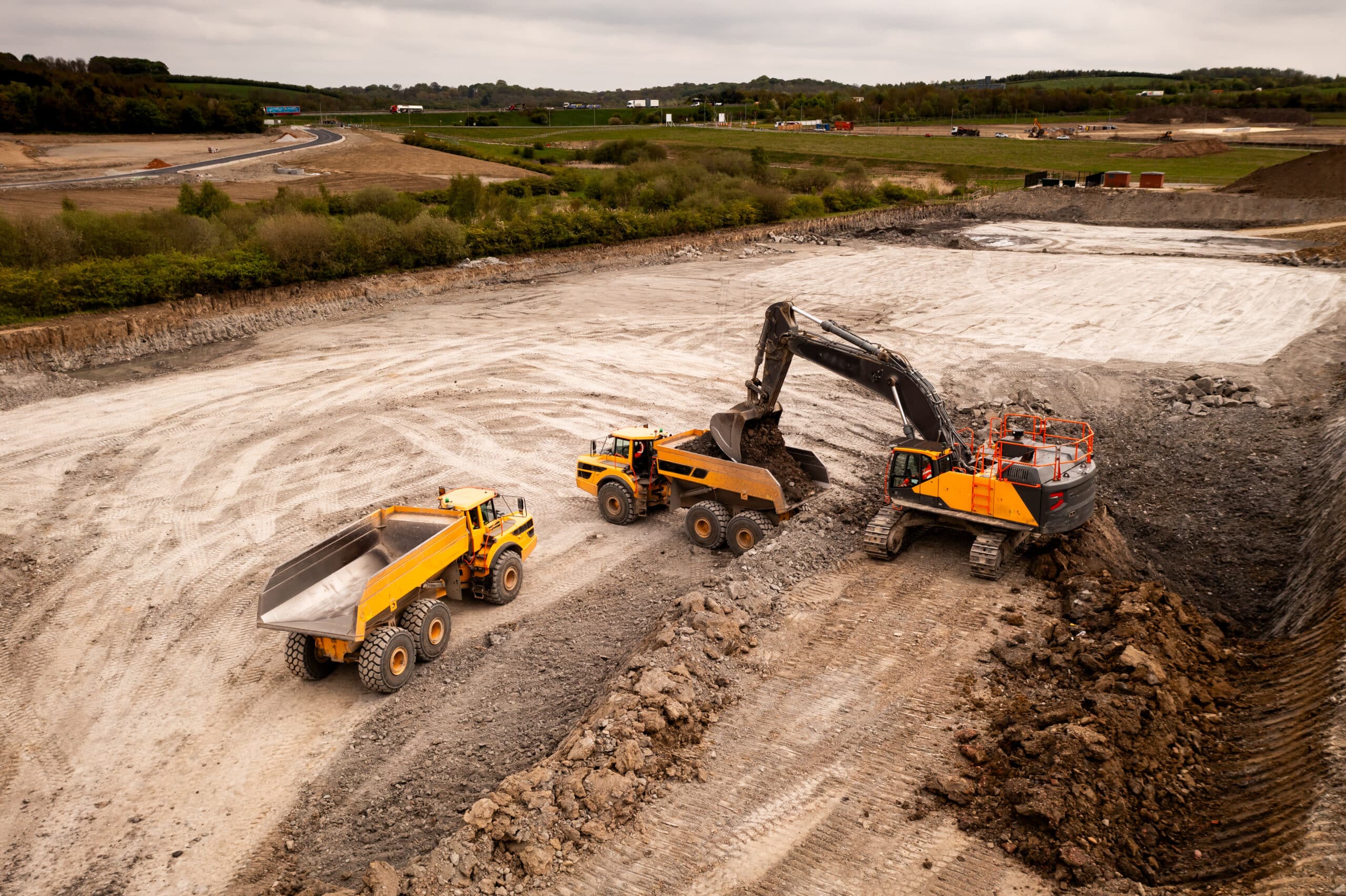Panic buying at the start of the Covid-19 pandemic led to significant supply chain problems as consumers panicked and stockpiled essential items including food. Some governments also started stockpiling food during the Covid-19 pandemic due to concerns over global supplies affected by lockdowns and border closures and risks of food insecurity.
Countries with largest food stockpiles
A few countries control the biggest share of food stockpiles. According to the USDA China holds half of the world’s wheat reserves and 70% of its corn. After five consecutive record crops, India now has one-tenth of global wheat stockpiles. The U.S. has 6% and 12% of global wheat and corn reserves, respectively.
Combined, countries in North Africa that are especially reliant on grain imports from the Black Sea region have a 5% share of global wheat reserves. These countries are particularly sensitive to issues of food insecurity following the unrest of the Arab Spring.
For example, Egypt normally imports around 70% of its wheat needs from Russia and Ukraine. It is reported to have reserves to keep its subsidized food program going for around 4½ months.
Disruption due to the Russia-Ukraine war has disproportionately impacted the most vulnerable and poorest of the population in their ability to gain access to safe and affordable food. Many Egyptians still rely on subsidised bread sold to more than 70 million people out of a population of 103 million.
Last year Chinese officials stated that they had enough wheat to supply the country for 18 months. Beijing began building strategic food reserves after the 2008 food price crisis. China spent $98.1 billion importing food in 2020, 4.6 times that of a decade earlier.
In 2020, China imported 26% more grains and oilseeds than the year before this rose by a further 11% in 2021 and continued to show year-over-year growth in January and February of 2022.
Food stockpiling in China
According to data compiled by the U.S. Department of Agriculture, by the middle of 2022, China was expected to have 69% of the globe’s corn reserves, 60% of its rice, and 51% of its wheat.
China claims it is merely ensuring it has enough food on hand to feed its large population – something the country has struggled with historically – but the USDA claims that data indicates China is stockpiling its agricultural imports.
How can stockpiling food help food insecurity?
Countries with plentiful reserves can hope to avoid paying elevated prices during times of crisis by dipping into their existing grain silos and helping to shield their citizens from food price inflation.
Stockpiling food is an old practice. In the Bible, Joseph tells the Egyptians to stockpile grain in preparation for seven years of famine. Stockpiling of food occurred during the World Wars when international trade came to a complete halt.
It continued during the early Cold War period, not only due to fears of another global conflict breaking out but also to governments looking to boost their domestic agriculture sector by incentivising production. For example, with the agricultural intervention buying schemes of the then European Common Market.
The ASEAN Plus Three Emergency Rice Reserve (APTERR) is another well-known regional food reserve system. Comprising the ten ASEAN member states plus China, South Korea and Japan, the reserve was set up to help the region in stabilizing rice (the region’s staple food crop) supply during emergencies.
Effective stockpiling practices can contribute significantly toward the goal of food security. It can ensure stability in the supply and prices of food commodities, as well supporting domestic food production and improving farm incomes.
What problems are caused by food stockpiling?
Excessive stockpiling can drive up international food prices, this can have devastating consequences for poorer food-insecure nations. However, there are other reasons why stockpiling can have other negative consequences for food security.
There is a risk that public stockpiling of food could lead to the government’s monopolization of food procurement and trade which could negatively impact domestic farmers and development. This could jeopardize investments and jobs in the food and agriculture sector.
There are often inflated costs associated with public stockpiling programs including high administrative and storage costs, stock losses due to improper storage and handling, leakage, or theft of food from stockpiles, and a high incidence of corruption.
Solutions to food stockpiling
Public food stockpiles do not address underlying causes of food insecurity and food price volatility in domestic markets. This is often poor farming and food chain infrastructure. Investing in agricultural research, irrigation and extension services could produce better results eventually, rather than relying on public stockpiles as safety nets.
Creating well-managed strategic food reserves can contribute to food security, however, these policies often have downsides. Some countries are building up food stockpiles – which is adding to global food prices which are already rising and putting pressure on some of the World’s poorest nations.
Actionable food and beverage insights
As established experts in sustainable supply chains, we have witnessed numerous food and beverage supply chain challenges brought on by global events such as the conflict in Ukraine and the Covid-19 pandemic.
Our agribusiness consultants work across the global agricultural industry, giving us a unique understanding of the underlying issues in food supply chain optimisation and management. We collaborate with governments, affiliates, large agribusinesses, investors, and other related groups by offering agribusiness market intelligence that provides valuable insights into the agricultural supply chain, enabling our clients to make informed decisions.
By staying up-to-date with the latest food supply chain trends, practices, and new technologies, we can help you navigate the nuances affecting your projects. Get in touch with us to learn how our agribusiness and food safety experts can assist you in achieving your goals.














